Are you a new homeowner or business operator looking for the best types of insulation for your building? Or, are you a DIY renovator looking to improve the thermal retention of your home? At first, with so many materials available to use, it can be daunting when choosing which is the best for your building. Don’t worry though, because Tropical Insulation has all the information you need to choose the best type of insulation. And when you’re ready to install, our professionals will make the process fast and easy
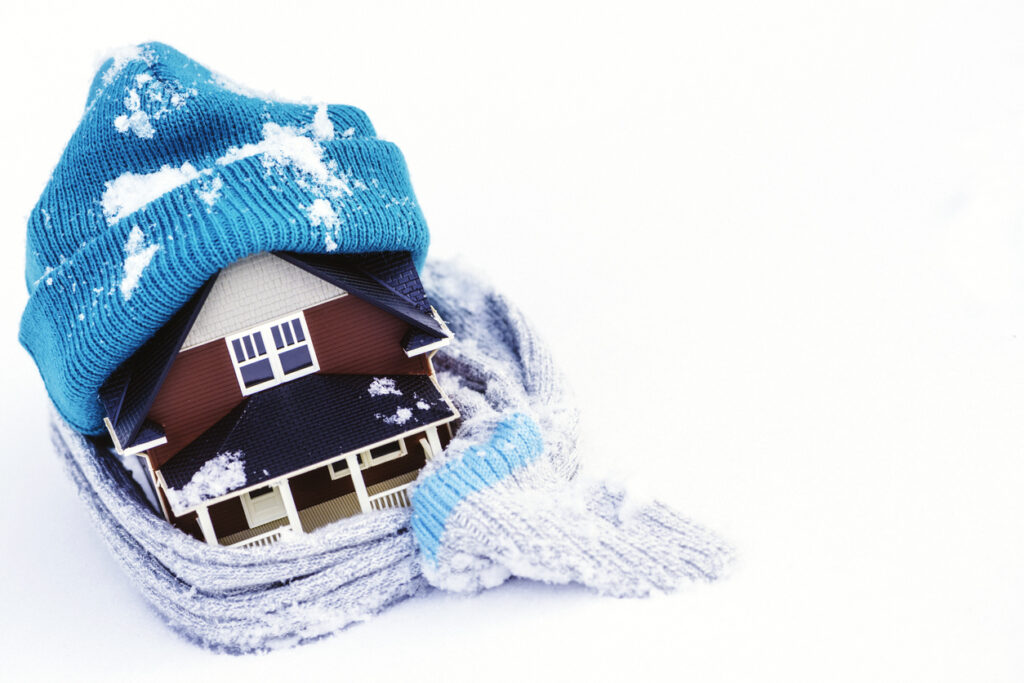
Keep reading to find out about the types of insulation that all homeowners should know about.
The Best Type of Insulation
So you’re in the market for new insulation and you realize there are so many different materials all with different pros and cons. Most likely you have question about materials like cellulose and rock wool. Depending on the climate and building materials, your budget and desired outcomes, your ideal insulation will change.
What do you do? Use this guide to determine the type of insulation that’s best for your building.
What does insulation do?
Insulation is an important part of construction that keeps a building energy efficient. It is a material that is inserted in the cavities of a building to reduce heat transfer with the outside. With proper insulation, homeowners can save drastically on their energy bills all while improving the quality of their home.
This guide will outline the major details of your insulation options from blanket batts to insulation rolls, spray foam insulation, cellulose, and eco-friendly options. Insulation technology and installation continues to evolve rapidly, and we’ll talk about the different options for new construction like structures insulated panels, or insulating concrete forms.
Let’s take a look at the best insulation options now!
Types of Insulation Materials
Here is a guide on the different types of insulation and their benefits:
Blanket Batts and Rolls:
Although there are cotton and wool versions, these are typically made with fibreglass.
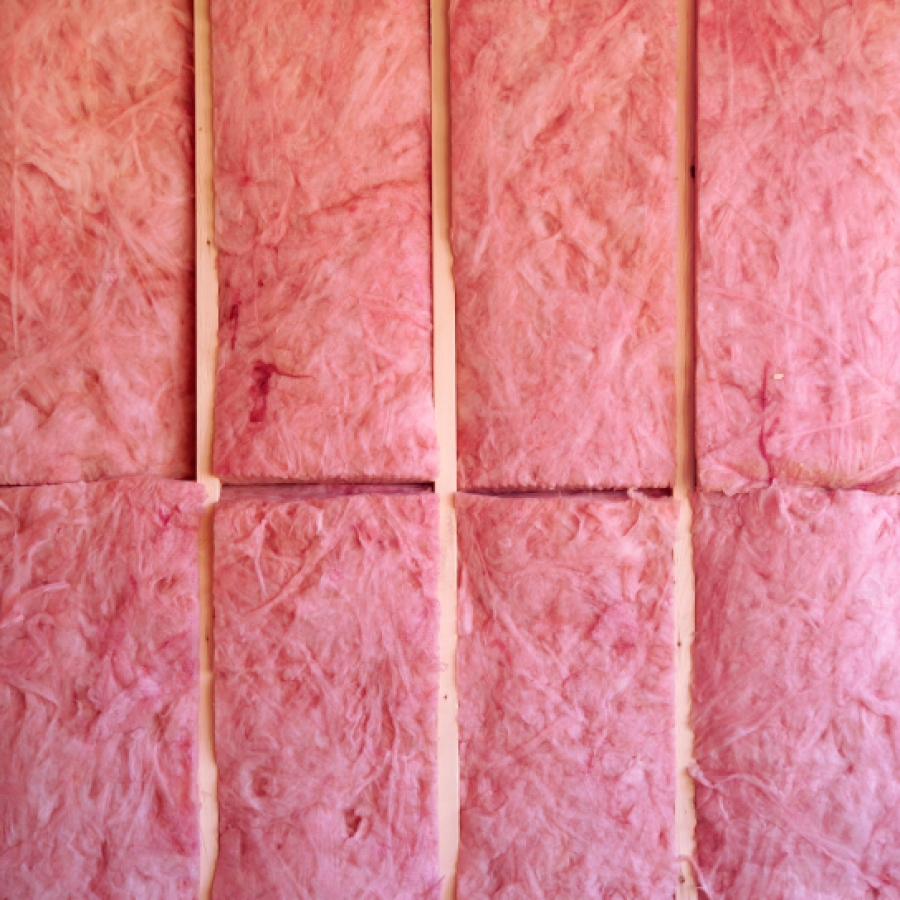
Pros: Cheap, DIY friendly
Cons: Irritating
Best for: DIY floor, walls, and ceiling projects
Spray Foam Insulation:
There are two types of spray foam insulators that both work by sealing leaks and gaps inside wills. Liquid polyurethane is inserted into the cavity with high-pressure. The first form, closed-cell foam, is one of the highest quality materials you can use to insulate. The second, closed-cell foams is less effective but more affordable.
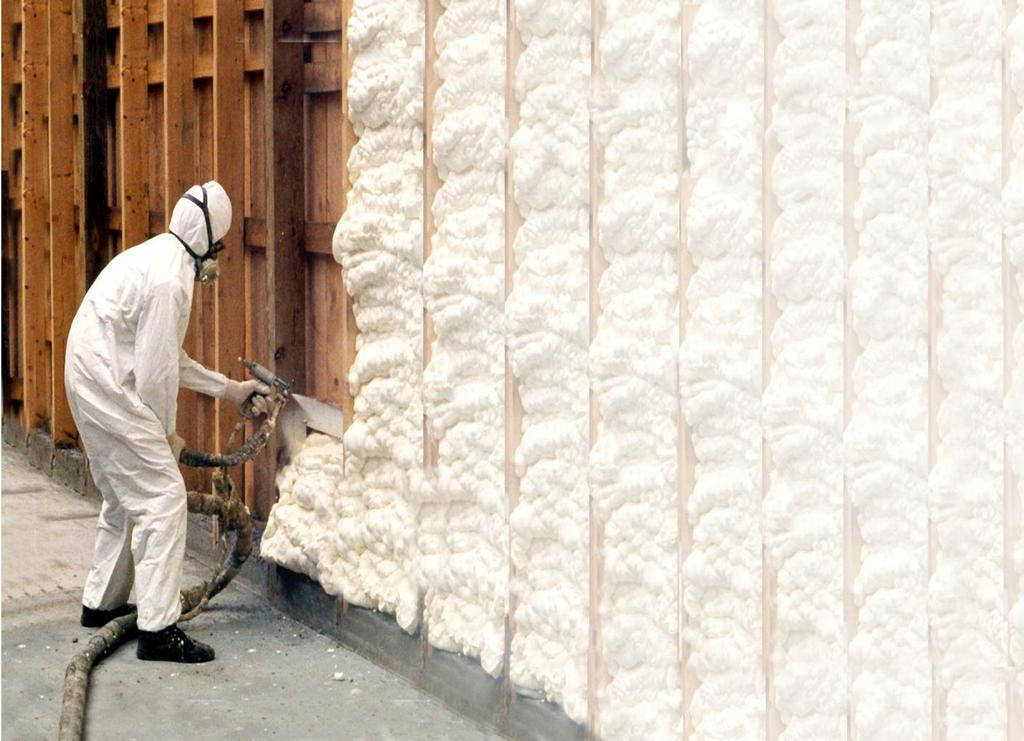
Pros: Quality and affordable options, flexible use
Cons: Expensive, time consuming
Best for: Adding insulation to finished areas, or irregularly shaped spaces
Foam Boards/Panels:
Usually made from polystyrene or polyisocyanurate, this type of insulation is effective for both interior and exterior spaces. Better even, they also are very efficient.
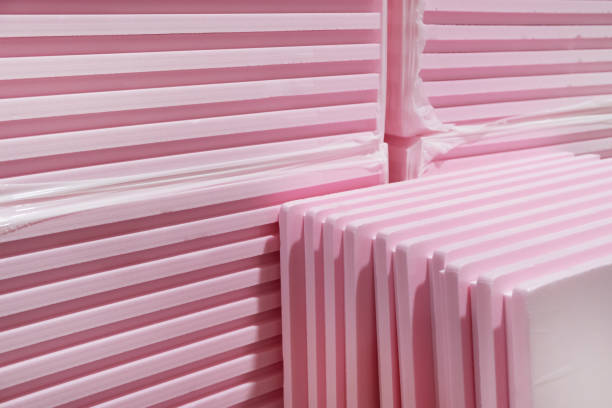
Pros: Practical use, easy installation
Cons: Inflexible for irregular spaces
Best for: Foundation walls, basement floors, ceilings
Rockwool:
Rockwool, or mineral wool is made from extruded lava rock. It is a high quality type of insulation material.
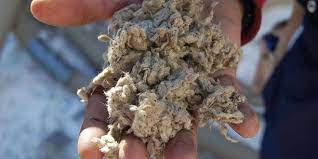
Pros: Natural material, insulates sound, fire and moisture resistant, easy to install
Cons: Expensive
Best for: residential wood-framed structures
Cellulose:
Also known as loose fill insulation, cellulose is a form of blown-in insulation. It is typically made with recycled paper or denim that is sprayed with pest resistant chemicals.
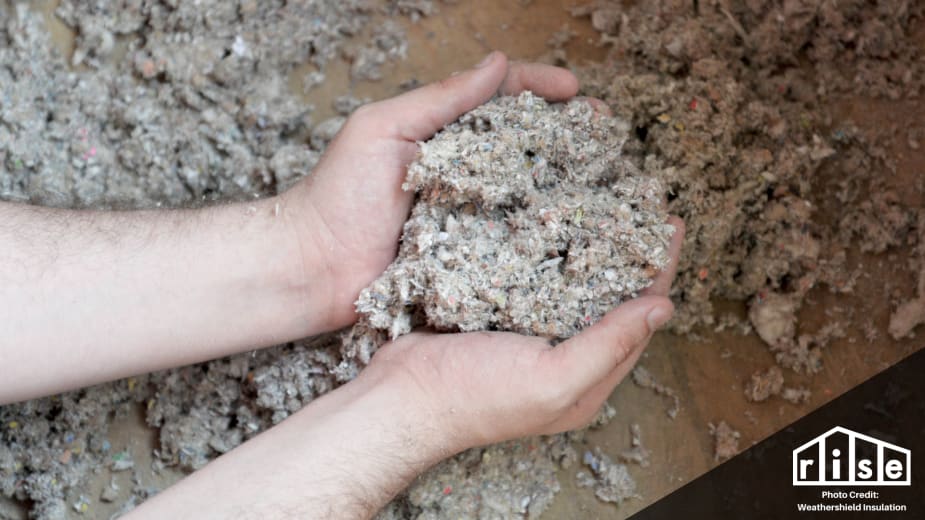
Pros: DIY possible, eco-friendly
Cons: Hard to DIY
Best for: attic floors, horizontal spaces
Beyond these materials, there are many more insulation solutions for different indoors and outdoor projects. Take a look at our article on sound-proof insulation here to find how insulation can improve your quality of life
Eco-Friendly Insulation
In the modern world, sustainable insulation is increasingly important. Let’s take summarize your environmentally-friendly insulation options:
- recycled denim
- recycled paper
- wool
- cork
- cellulose
- rock wool
If you have questions or are ready to book your insulation consultation, contact us here to reach our experts.
Insulation FAQ
Looking for the answers to the most commonly asked questions about the types of insulation materials? Look no further:
What is insulation made of?
The materials that make insulation are made of many different materials. Ranging from man-made to eco-friendly options, some products are more suitable for certain scenarios than others. Contact an insulation professional now to find out which insulation is right for you.
What is insulation?
Insulation products work by trapping air, as well as preventing air and heat transfer. There are different types of insulation, from materials, to methods of insulation. Some materials work through reflective or radiant barriers that reflect heat. Others, like vapour barriers, help prevent moisture transfer, which can be ideal for damp climates.
What is the best insulation?
There are many types of insulation, and even more ways to use these materials in a building. Some types of insulation are better for newer projects, while others are superior for renovations. Some types of insulation work well in cold climates, and others in dry. That being said, if you were looking for the warmest insulator available, check out a silica aerogel. These have extremely low thermal conductivities, which means that they will keep your house warmer, longer.
Is installing insulation safe?
It is important to consider safety for any construction project. First, certain types of insulation like fibreglass batts or spray foam can irritate the skin and breathing. Another danger that may lurk in old homes is asbestos, which is extremely dangerous when inhaled. If you’re not feeling confident about your DIY insulation skills, an installation professional can make the job quick and easy.
Contact a Tropical Insulation Professional Now to Discuss your Best Insulation Options
Insulation has an important role in the energy efficiency of your home. With careful preparation, you can select a type of insulation that most benefits your home. Depending on your climate, budget, and goals, there are many different options for insulation that can work. If you’re looking to DIY your insulation, try foam boards. If you’re environmentally conscious, try out cellulose or rock wool. And if you’re in doubt about what material to use, contact one of our insulation experts.
Learn more about how Tropical Insulation can help you transform your home into a warm and energy efficient space.
